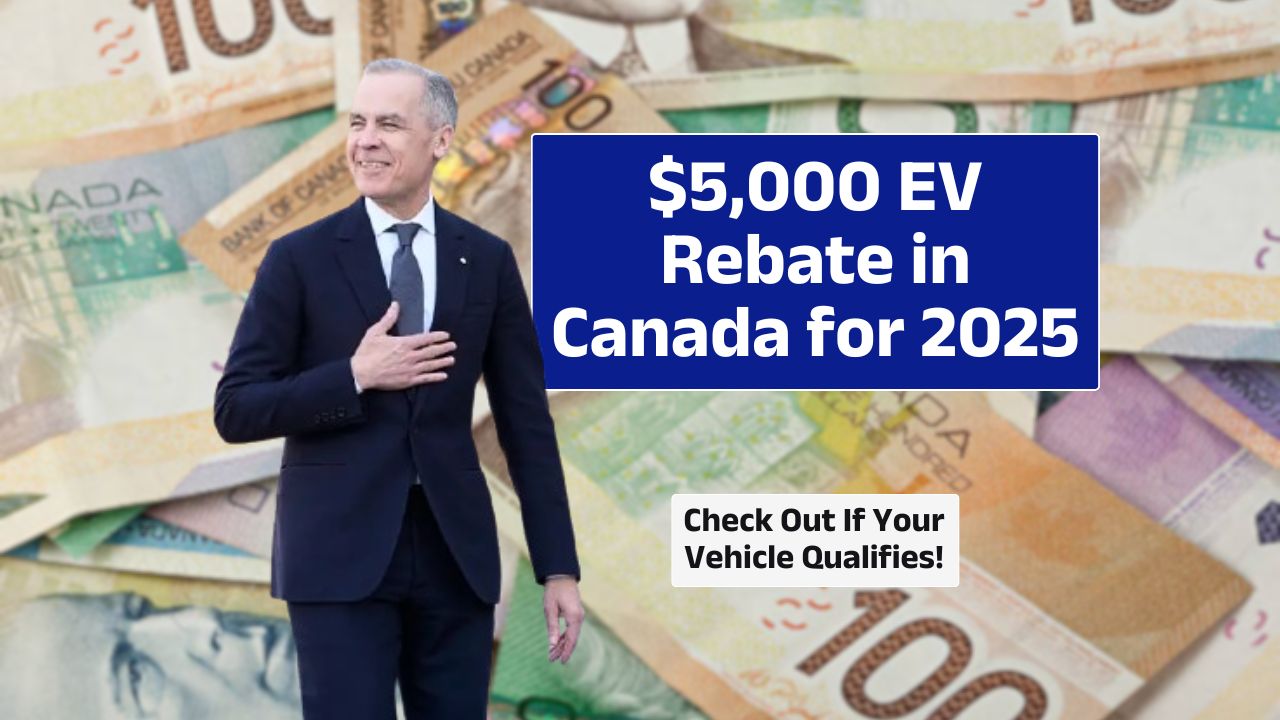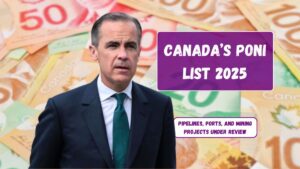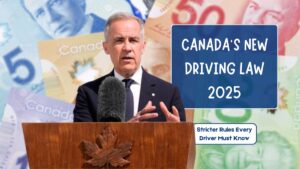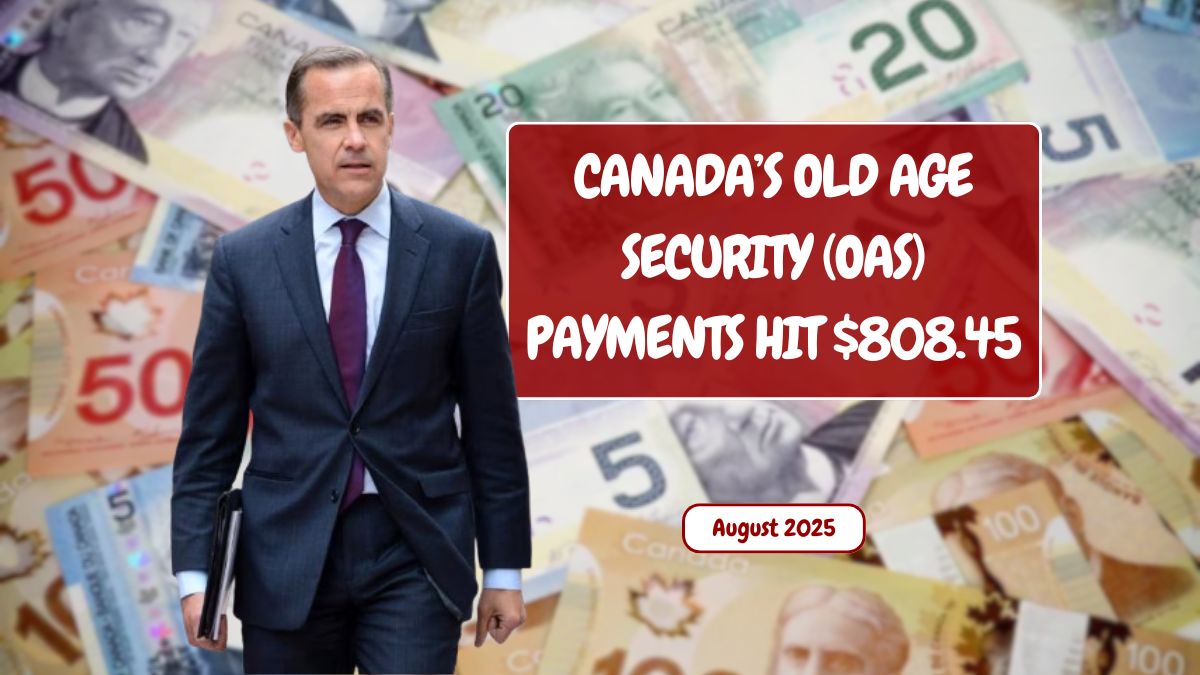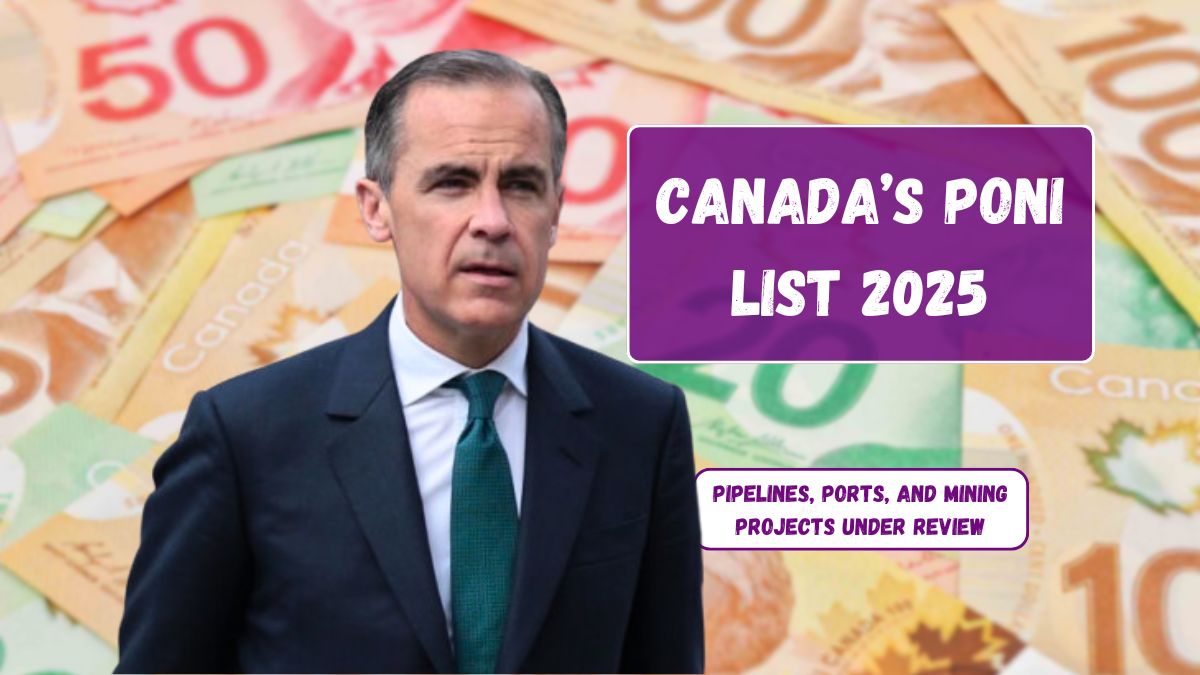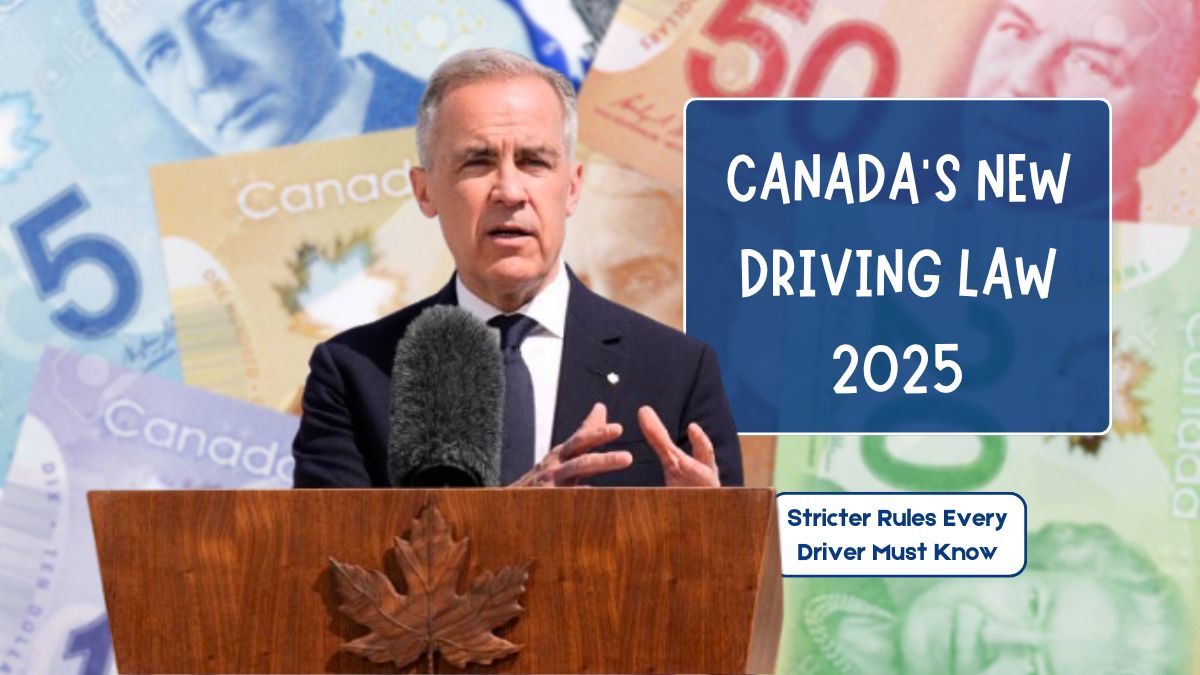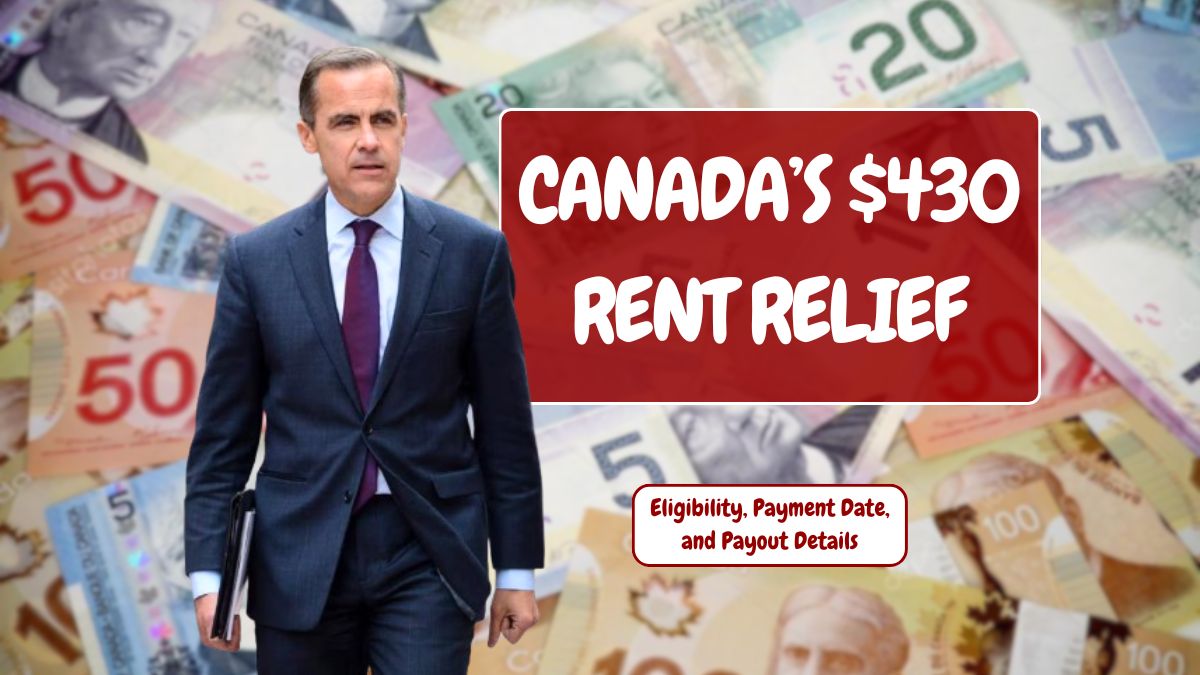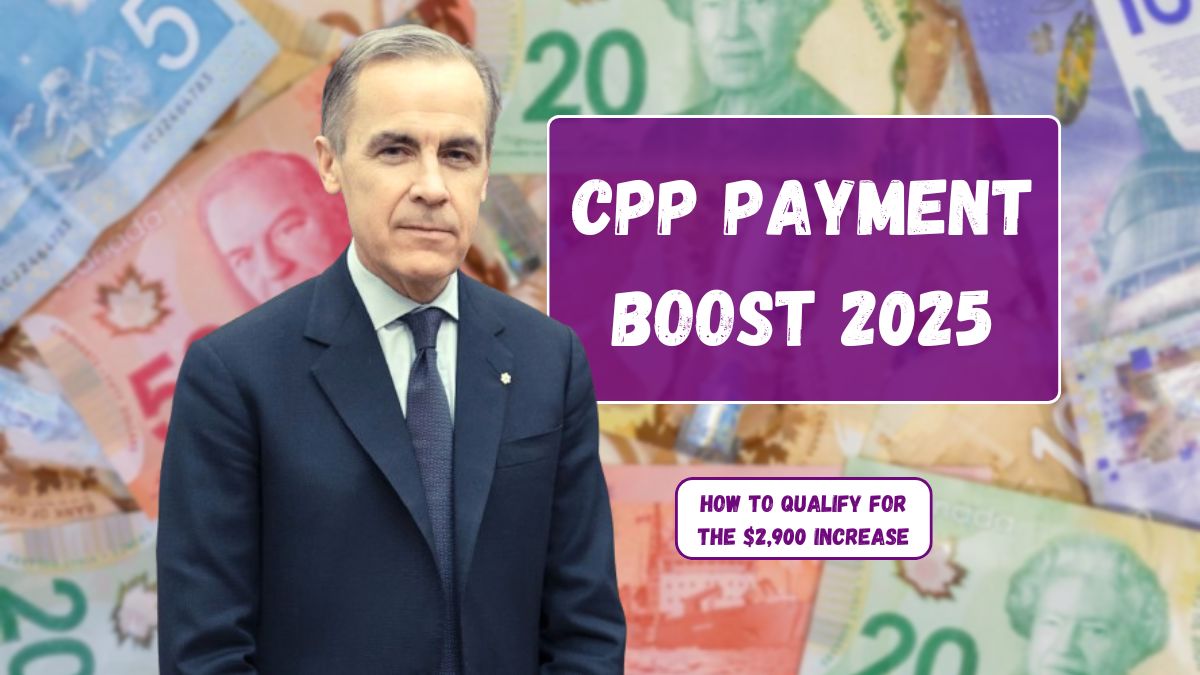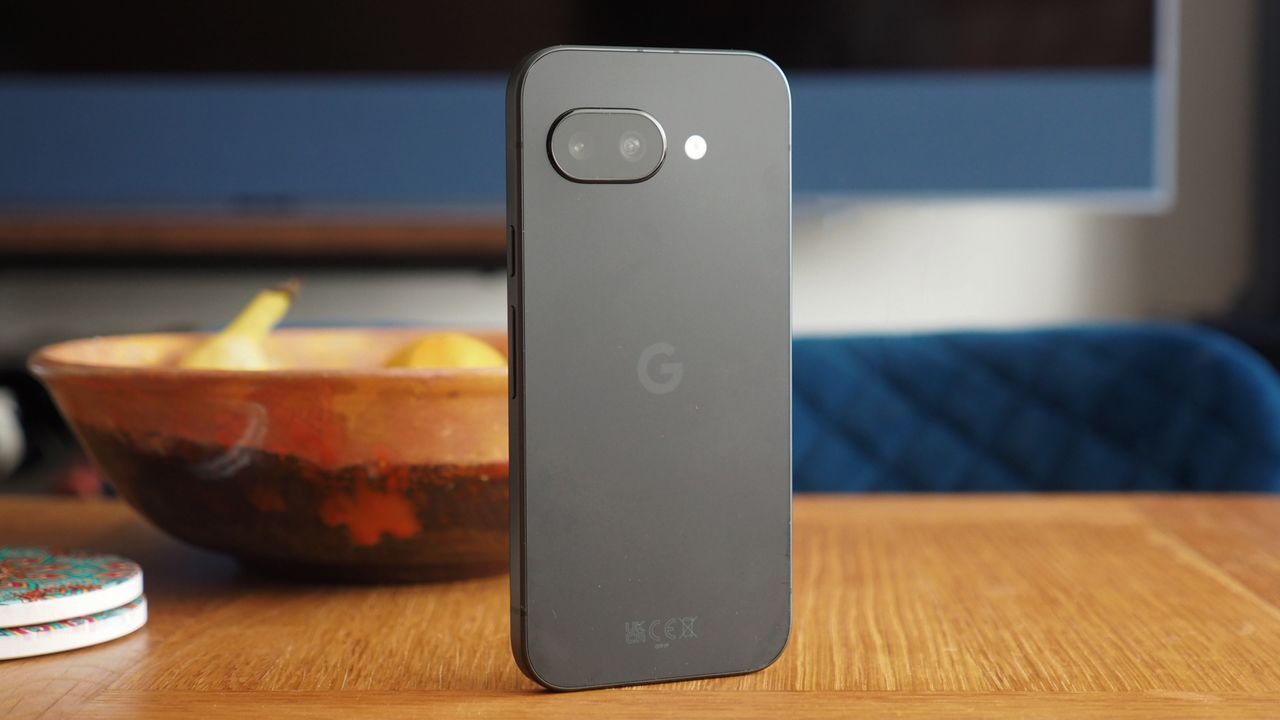Thinking about going electric in 2025? With gas prices staying high and more Canadians embracing green transportation, electric vehicles (EVs) are a hot topic. One question keeps coming up: what happened to the $5,000 EV rebate? The answer is a bit complicated. While the federal rebate has been paused, that doesn’t mean there’s no support left for buyers. In fact, there are still plenty of options to make the switch to electric more affordable. Let’s break it all down.
Overview
Here’s the current situation in a nutshell:
| Feature | Details |
|---|---|
| Federal iZEV Rebate | Paused as of January 2025 |
| Max Federal Incentive | $5,000 (when active) |
| Provincial Rebates | Quebec: up to $4,000, BC: $4,000, NS: $3,000, Yukon: $5,000 |
| Tesla Eligibility | Excluded from future federal rebates |
| Alternative Discounts | Dealer/manufacturer cash-backs and financing deals still available |
The good news? Going electric in 2025 is still a smart and doable move—you just need to know where to look.
Pause
The federal rebate program, officially called the iZEV (Incentives for Zero-Emission Vehicles) Program, offered up to $5,000 for new EV purchases since 2019. But in January 2025, it was paused by Transport Canada—two months ahead of its expected end date. Why? The demand was high, the funding was limited, and it ran out faster than planned.
There’s no word yet on whether the rebate will return in a new format, but experts say future climate policies could bring it back or replace it with a similar incentive.
Provincial
Thankfully, provinces have picked up the slack. Here’s a breakdown of what’s still available if you’re buying an EV this year:
Quebec
- Up to $4,000 off new EVs
- Roulez vert program
- Rebates decreasing each year until phase-out in 2027
- Extra perks for home charging station installs
British Columbia (BC)
- Up to $4,000
- Income-tested eligibility
- MSRP limits up to $70,000
- CleanBC Go Electric Program
Nova Scotia
- Up to $3,000 for new EVs
- $500 for used EVs
- Bonus $250 for e-bikes and electric motorcycles
Yukon
- Up to $5,000 for new and used EVs
- Community grants for rural or Indigenous areas
- Stackable with other programs
Other Provinces
Places like Alberta and Saskatchewan don’t have province-wide rebates, but you may still find local utility grants or pilot projects offering perks like cheaper charging rates or rebates for home chargers.
Eligible
To qualify for a rebate, your vehicle must meet specific conditions:
- Battery-electric (BEV), plug-in hybrid (PHEV), or hydrogen fuel cell
- MSRP typically under $55,000–$70,000 depending on location
- Purchased or leased from an approved dealership
- Some programs cover used vehicles too
Popular eligible models in 2025 include:
- Hyundai Ioniq 5
- Chevrolet Bolt EUV
- Ford Mustang Mach-E (base trims)
- Nissan LEAF
- Toyota Prius Prime
Tesla vehicles are excluded from federal rebates, and some provinces are reviewing their own eligibility rules for Tesla models.
Automakers
With the federal rebate paused, automakers are stepping up with their own deals. These offers can sometimes match or beat government rebates, especially when combined with provincial programs.
Manufacturer deals in 2025:
- Hyundai: Loyalty bonuses, low-interest leases
- Chevrolet: Up to $2,000 off select EVs
- Ford: Rebates on models like the Mach-E and F-150 Lightning
- Nissan: Long warranty coverage and cash-back incentives
Always check with local dealers for seasonal offers or inventory clearance promotions.
Apply
Applying for a provincial rebate is usually simple:
Steps to Claim Your Rebate
- Confirm eligibility: Make sure your car qualifies based on your province’s program.
- Purchase/Lease the EV: Go through an approved dealer.
- Prepare documents: You’ll need the bill of sale, registration, and proof of residency.
- Apply online: Some dealers do this for you automatically.
- Get your rebate: Expect payment in 6–12 weeks via direct deposit or cheque.
Note: Many provinces require applications within 90 days—don’t miss the deadline.
Business
For companies and fleet operators, EV rebates offer more than just savings—they’re a strategic business move. Many provinces allow businesses to participate in rebate programs, and federal tax incentives may still apply.
Business advantages include:
- Lower fuel and maintenance costs
- Positive brand image
- Potential tax deductions on EV purchases
Example:
A delivery company in Vancouver switches to 10 electric vans.
- Rebate: $4,000 per van = $40,000
- Annual fuel savings: $1,500/van = $15,000
- Maintenance savings: $700/van/year = $7,000
- Total savings in year one = Over $62,000
Outlook
Even though the federal EV rebate is paused, Canada’s move toward electric is not slowing down. Between strong provincial support, competitive automaker deals, and growing infrastructure, 2025 is still a great time to make the switch.
FAQs
Is the $5,000 EV rebate still available in 2025?
No, the federal rebate is paused as of January 2025.
What provinces offer EV rebates in 2025?
Quebec, BC, Nova Scotia, and Yukon offer EV rebates in 2025.
Are Tesla vehicles eligible for rebates?
No, Teslas are excluded from federal rebates and some provincial ones.
How do I apply for a provincial EV rebate?
Apply online with proof of purchase—some dealers apply for you.
Can businesses get EV rebates too?
Yes, many provincial programs include businesses and nonprofits.


